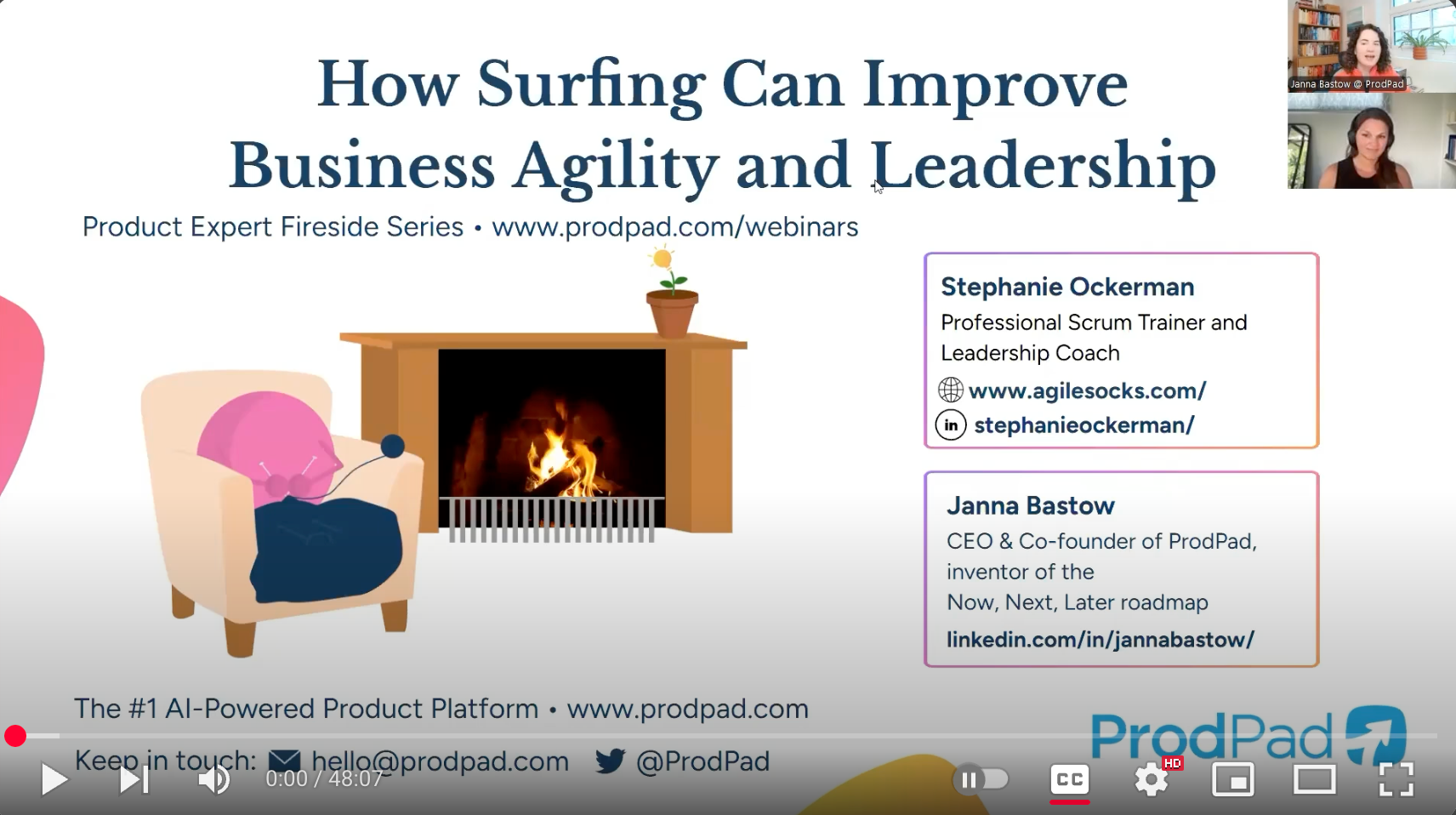
I talk a lot.
I am sure part of this is because of my personality. But I also think we have been taught by corporate culture to talk more.
We have to talk more to justify or explain our opinions and decisions. We have to talk more to be heard among the many voices. The more words we say, the smarter we must be and the more impact we will have.
But once I dove deeper into the profession of coaching and leadership, I realized that these beliefs are not true.
People get lost in our words, and our words have less impact.
People go to the logical part of their brain to interpret and analyze our words. This often breaks the connection to the creative, feeling, intuitive part of their brain.
This reduces the power of coaching.
So how do you avoid this mistake?

Often the reason we use a lot of extra words in our coaching conversations is we want to give context. We give context for several reasons:
Remember this…
The other person is there in this conversation with you.
They know what they said and what they haven’t said. They don’t need you to explain your statement or question. And if they are confused, they will tell you.
You don’t need to soften anything. You have built a relationship with his person. They know you are intelligent, and they trust that you have their best interests in mind.
If you are actively listening, the person will feel that direct connection with you. You don’t need to prove it by adding context.
Here are a few examples to show you how dropping the context can be more powerful. Put yourself in the shoes of the person on the receiving end of these statements, and see which ones feel more impactful.
Example 1
Meh: What I’m hearing is that you feel your co-workers are doing things that undermine your position in the team. You are unhappy with the tasks you are performing, but you haven’t talked with your team about it. You want a promotion, but you haven’t asked for it because you’re sure you won’t get it. This comes across as playing the victim. But I know you’re a strong person who goes after what you want.
Better: It sounds like you’re playing the victim, and I know that’s not who you are.
When we are “dropping some truth” to reflect back and/or challenge someone, be direct and leave out the context. They know what they’ve said. You want the statement to be bold, even a bit shocking.
Example 2
Meh: I think it’s really great that you talked to the Director on behalf of your team about how his statement made them feel their work was not important. That was brave and demonstrated strong leadership.
Better: You are brave. You are a leader.
Acknowledgments are so much more powerful when you don’t explain them. Also, direct it at who the person is rather than the thing they did.
Example 3
Meh: You are clearly passionate about this project, and you are trying really hard to get things back on track. You’ve talked about how you want other team members to take on more ownership. So how can you make that happen?
Better: What’s holding you back?
The person knows what they just talked about. You don’t need to give them a summary.
We have the most impact when we simplify.
So drop the context, and amplify your impact.

Look at your calendar for the week, and identify some meetings where you want to practice your coaching skills
Step 1: Go in confident. Do an affirmation, a power pose, whatever works for you. Know that you’ve got this because you can dance in the moment and follow the aliveness.
Step 2: Whenever you are asking a question, keep it to 5 words or less. This can be a tough one, but it’s worth it. Your questions will be more powerful for the other person. And this will help you be more concise and direct.
Step 3: Look for an opportunity to give an acknowledgment of the person, and keep it to 5 words or less. Remember an acknowledgment is about who a person is at their core, not just something they did.



AGILE SOCKS is a registered trademark of Agile Socks LLC. Other marks used herein are the property of their respective owners. For more information see Trademark Notice in Terms & Conditions.